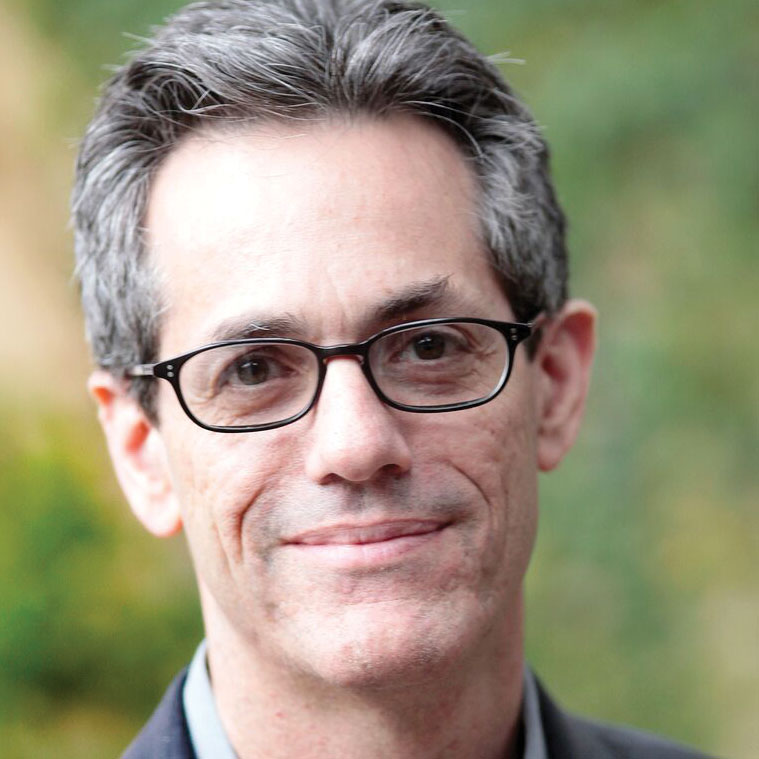The modern university, as we know it, originated from the imaginative proposals of Wilhelm von Humboldt, a Prussian philosopher and civil servant. In 1810, von Humboldt devised plans for educational reform that called for a new type of institution — one in which research and teaching would be unified, academic freedom would be guaranteed and freedom from state intervention would be assured. This plan gave birth to the University of Berlin, now known as the Humboldt University of Berlin, on which the great American and world universities are based.
I have been thinking a great deal about the origins and function of the university in the age of Donald Trump. To put it mildly, the initial shock of his election has not passed. On the contrary, it has been compounded by the president-elect’s intemperate and ill-considered statements, on subjects ranging from the Broadway smash hit “Hamilton” to well-established American policy on China. His roster of appointments has done little to alleviate fears of the thorough erasure of the boundary between politics and business, with the concomitant threat of the privatization — and resulting monetization — of once-treasured government tasks. And, of course, lurking in the background is Trump’s opportunistic bigotry, stoked by his alt-right supporters, whose chief targets to date have been Muslims, but also have included at times Jews, women, gay and transgender people, and journalists.
All of these worrisome signs, which point to an ongoing assault on the democratic institutions of this country, make it vitally important to fortify civil society. The university, in particular, must become a key site of vigilance, resistance and critical thinking in American civil society in the age of Trump. This is not a violation of its historic function but consistent with the Humboldtian ideal of the university as an institution in the service of society. Not as a tool of the state, but in the service of society at large!
At many points in modern times, the university has been an ally — and even beholden — to the state. And at various points in time, the university has been a site of resistance to the hegemonic impulses of the state. One notable example arose when the German-Jewish scholar of medieval history, Ernst Kantorowicz, refused to sign an anti-communist loyalty pledge at the UC Berkeley, in 1949. Despite his own conservative and anti-communist views, Kantorowicz, who took flight from Germany in 1938, feared government attempts at thought control. Another example of wider impact was when Students for a Democratic Society (SDS) and other groups mobilized millions of university students in the late 1960s to protest the United States’ military engagement in Vietnam.
Today is another moment when the university needs to prepare itself to stand as a force of resistance to the most dangerous tendencies of Trumpism. It is entirely possible that the alarm bells that the president-elect has triggered in those concerned about the fate of democracy will be for naught. But it also is possible that Trump will continue to promote his xenophobic brand of populism to damaging effect. In that case, the university must provide a central line of defense. In what concrete ways can the university play this role?
– University officials must articulate clearly that their institutions will not only remain sites of free and open discourse, but that all students, regardless of their origins and legal status, will be protected on campuses.
– Philosophers must use their analytical precision to hone the critical thinking skills of students and join with them in defending the intellectual foundations of a just society.
– Political scientists must use their knowledge of the American political system to warn against the erosion of democratic institutions and consider ways to shore them up in the face of a hostile executive branch.
– Legal scholars must use their knowledge of the courts to strategize about ways of resisting mass deportations, threats to free speech and other assaults on the constitutional order of this country.
– Health economists must use their knowledge of the country’s labyrinthine medical system to assist those poor Americans who will suffer as a result of the projected rollback of Obamacare.
– Public policy officials must use their knowledge to conceive anew of local and state jurisdictions as bastions of support for average Americans who may no longer be served by the federal government.
And scholars of Jewish studies also have a role to play. A month ago, hundreds of Jewish studies scholars published a letter in the Jewish Journal that was shared on Facebook more than 21,000 times. The letter noted that students of Jewish history understand well “the fragility of democracies and the consequences for minorities when democracies fail to live up to their highest principles.”
In the months and years ahead, Jewish studies scholars — and historians more generally — must use their knowledge to identify warning signs that, in the past, led to state-sponsored stigmatization of groups, abrogation of rights and violence. And they must caution us against ignoring warning signs today.
All of this vigilance does not mean that the classroom should become a bully pulpit for one ideology or another. It means that first-rate scholarship must not wither in the face of pressure. Indeed, it means the university, now more than ever, must remain true to its Humboldtian origins as the site of academic freedom — and as an institution that serves society by applying knowledge of the past to the betterment of society in the present.
David N. Myers is the Sady and Ludwig Kahn Professor of Jewish History at UCLA.






















 More news and opinions than at a Shabbat dinner, right in your inbox.
More news and opinions than at a Shabbat dinner, right in your inbox.